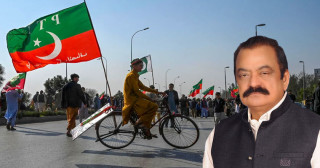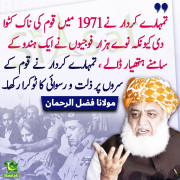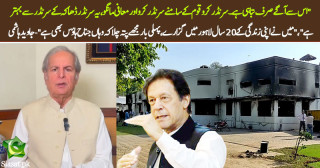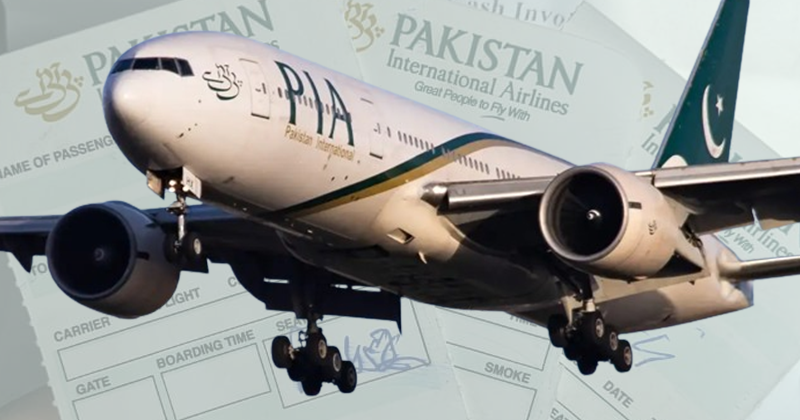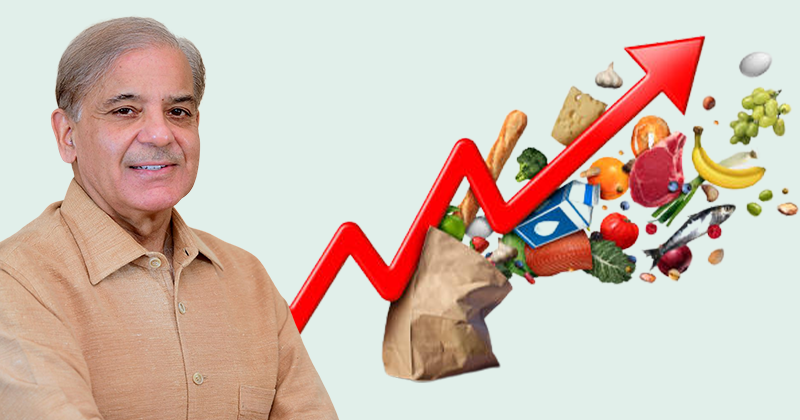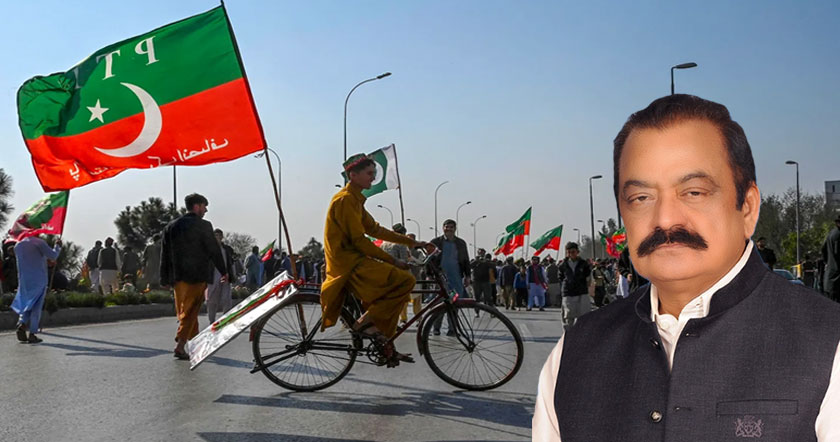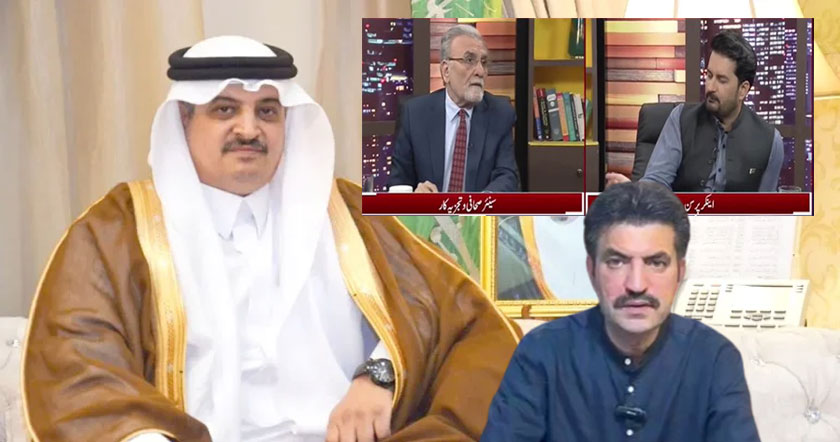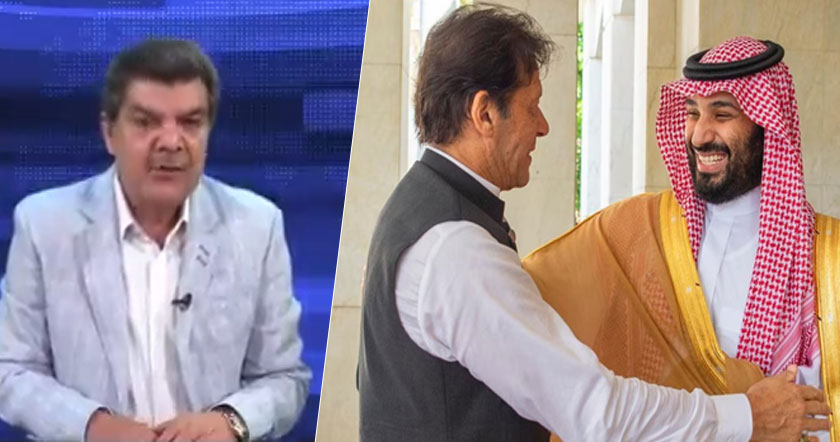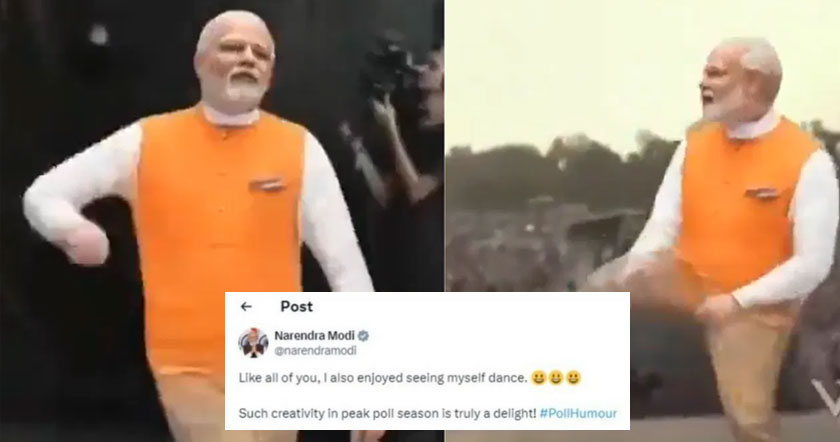http://www.guardian.co.uk/world/2011/apr/14/libya-rebels-weapons-qatar
Libyan rebels receiving anti-tank weapons from Qatar
Officials in Doha confirm Qatar has been secretly supplying French-made missiles to Libyan rebel stronghold of BenghazLibya's deputy foreign minister Khalid Kaim alleges rebels are receiving help from Islamists while claiming to be fighting for democracy Link to this video
Qatar is secretly supplying anti-tank weapons to the Libyan rebels as part of its strategy of working to overthrow the Gaddafi regime, it has emerged. Officials in Doha confirmed that the Gulf state's military had been shipping French-made Milan missiles to the rebel stronghold of Benghazi.
Qatar's prime minister and foreign minister, Sheikh Hamad bin Jassem, made clear on Wednesday that UN resolutions on Libya permitted the supply of "defensive weapons" to opposition forces struggling to fight Libyan armour.
Qatari government officials were tight-lipped about the deliveries, which are being organised by the joint chiefs of staff and probably made by sea. "We need to send the Libyans equipment so they can defend themselves and get on with their lives," one senior source said. "These are civilians who have had to become fighters because of the situation."
Britain's foreign secretary, William Hague, and colleagues from the 21-nation Libya contact group endorsed Qatar's position. Hague insisted the UK would supply only non-lethal equipment. France's view is similar but both countries which are leading Nato air strikes in Libya accept that arming the rebels is legal.
Gaddafi's government has repeatedly complained that the Qataris are supplying the rebels. Khaled Kayim, Libya's deputy foreign minister, claimed on Wednesday that about 20 Qatari specialists were already in Benghazi. Rebel spokesmen have said they are in talks with "friendly" countries, including Qatar and France, to obtain weapons.
Arms deliveries are consistent with Qatar's overall policy. The emir, Sheikh Hamad bin Khalifa Al Thani, is the only Arab leader to recognise the interim national council in Benghazi. Qatar and the United Arab Emirates are the only Arab states to participate in Nato-led military operations in Libya, although the Arab League supports the no-fly zone.
Sheikh Hamad was in Washington on Thursday for talks with Barack Obama that were expected to include the Libyan situation.
Mustafa Alani, of the Gulf Institute of Strategic Studies in Dubai, said the shoulder-launched weapons were a significant addition to the rebel arsenal because Nato aircraft could not target Libyan armour in built-up areas without risking collateral damage. Helicopters could do so but there is evident reluctance to deploy them.
"These missiles need minimum training. It's aim and shoot," Alani said. "They are effective especially against the old generation of Soviet-made T72 tanks." Journalists in eastern Libya last week reported seeing rebels armed with Milan missiles for the first time.
Qatar's armed forces are themselves equipped with the Milan but Alani said the weapon could have been bought by the Qataris directly from France for delivery to the Libyans.
Qatar is tiny but immensely wealthy thanks to its vast oil and gas reserves, and pursues a famously independent foreign policy that allows it to maintain good relations with Iran while hosting key US military bases, as well as discreet links with Israel and its Palestinian Islamist enemy Hamas. Al-Jazeera satellite TV, based in Doha, is hugely influential.
It is also assisting a rebel satellite TV operation broadcasting from Doha and providing other support for Libyan opposition groups. It has agreed to market crude oil produced from eastern Libyan fields no longer under Gaddafi's control. This week Qatar's state-owned marketing company delivered four shipments of oil products to Benghazi.
-----------------------------------------------------------------------------
Personally do not want to trust this but muslims today are not priceless.
Libyan rebels receiving anti-tank weapons from Qatar
Officials in Doha confirm Qatar has been secretly supplying French-made missiles to Libyan rebel stronghold of BenghazLibya's deputy foreign minister Khalid Kaim alleges rebels are receiving help from Islamists while claiming to be fighting for democracy Link to this video
Qatar is secretly supplying anti-tank weapons to the Libyan rebels as part of its strategy of working to overthrow the Gaddafi regime, it has emerged. Officials in Doha confirmed that the Gulf state's military had been shipping French-made Milan missiles to the rebel stronghold of Benghazi.
Qatar's prime minister and foreign minister, Sheikh Hamad bin Jassem, made clear on Wednesday that UN resolutions on Libya permitted the supply of "defensive weapons" to opposition forces struggling to fight Libyan armour.
Qatari government officials were tight-lipped about the deliveries, which are being organised by the joint chiefs of staff and probably made by sea. "We need to send the Libyans equipment so they can defend themselves and get on with their lives," one senior source said. "These are civilians who have had to become fighters because of the situation."
Britain's foreign secretary, William Hague, and colleagues from the 21-nation Libya contact group endorsed Qatar's position. Hague insisted the UK would supply only non-lethal equipment. France's view is similar but both countries which are leading Nato air strikes in Libya accept that arming the rebels is legal.
Gaddafi's government has repeatedly complained that the Qataris are supplying the rebels. Khaled Kayim, Libya's deputy foreign minister, claimed on Wednesday that about 20 Qatari specialists were already in Benghazi. Rebel spokesmen have said they are in talks with "friendly" countries, including Qatar and France, to obtain weapons.
Arms deliveries are consistent with Qatar's overall policy. The emir, Sheikh Hamad bin Khalifa Al Thani, is the only Arab leader to recognise the interim national council in Benghazi. Qatar and the United Arab Emirates are the only Arab states to participate in Nato-led military operations in Libya, although the Arab League supports the no-fly zone.
Sheikh Hamad was in Washington on Thursday for talks with Barack Obama that were expected to include the Libyan situation.
Mustafa Alani, of the Gulf Institute of Strategic Studies in Dubai, said the shoulder-launched weapons were a significant addition to the rebel arsenal because Nato aircraft could not target Libyan armour in built-up areas without risking collateral damage. Helicopters could do so but there is evident reluctance to deploy them.
"These missiles need minimum training. It's aim and shoot," Alani said. "They are effective especially against the old generation of Soviet-made T72 tanks." Journalists in eastern Libya last week reported seeing rebels armed with Milan missiles for the first time.
Qatar's armed forces are themselves equipped with the Milan but Alani said the weapon could have been bought by the Qataris directly from France for delivery to the Libyans.
Qatar is tiny but immensely wealthy thanks to its vast oil and gas reserves, and pursues a famously independent foreign policy that allows it to maintain good relations with Iran while hosting key US military bases, as well as discreet links with Israel and its Palestinian Islamist enemy Hamas. Al-Jazeera satellite TV, based in Doha, is hugely influential.
It is also assisting a rebel satellite TV operation broadcasting from Doha and providing other support for Libyan opposition groups. It has agreed to market crude oil produced from eastern Libyan fields no longer under Gaddafi's control. This week Qatar's state-owned marketing company delivered four shipments of oil products to Benghazi.
-----------------------------------------------------------------------------
Personally do not want to trust this but muslims today are not priceless.







